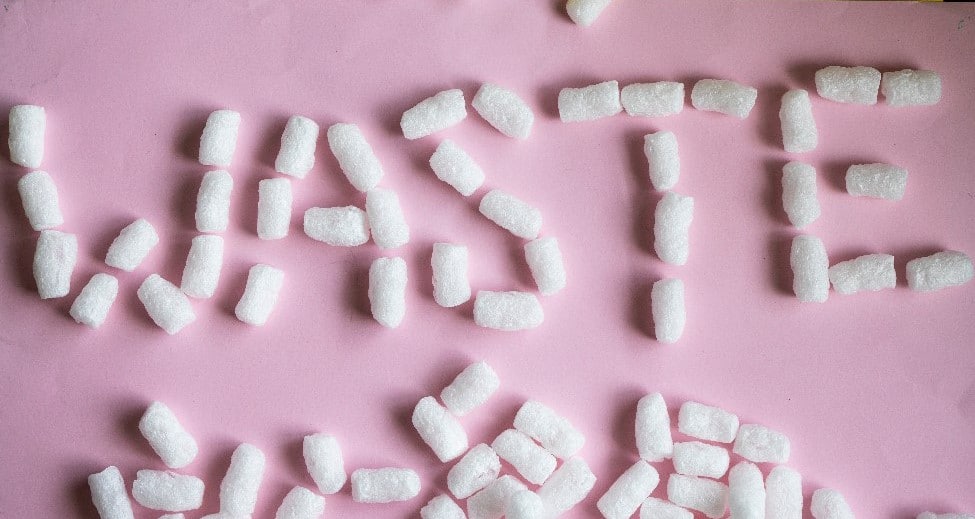Today, 18 March, is Global Recycling Day – an opportune time to check your knowledge.
It can be a thrill when you receive a package in the mail, especially one you have been eagerly waiting to arrive. You dash for the scissors, open the box, put your new boutique candle somewhere special … and then you find yourself with thousands of packing peanuts.
You feel mostly confident these pesky peanut shaped plastic things must be recyclable, they don’t look too harmful, and why else would they put so many in the box, right?
You’re not alone. While 96% of Canberrans are confident we know the ins and outs of recycling, we are still are getting it wrong one in five times.
The small recycling mistakes we make can become a big problem, causing serious safety issues for Materials Recovery Facility staff, causing contamination and hindering the efficiency of the recycling processes.
Broken glass, wires and building materials are a few items that are hazardous to recycling staff and the machinery.
It can be a challenge to remember all the recycling bin rules, so how about using a simpler approach:
- Keep it simple – only recycle hard plastic bottles and containers, glass bottles and jars, steel and aluminium cans and paper and cardboard.
- Keep out smalls – anything smaller than a credit card is a no go, including bottle tops, milk bottle lids, and bread tags.
- Keep out soft plastics – any plastic that feels soft such as chip packets, bread bags, and shopping bags instead can go to soft-plastic recycling points at Redcycle bins at most Coles and Woolworths supermarkets.
- Keep it clean – rinse out excess food and drinks from containers, and keep out food scraps, nappies, and soiled paper and cardboard.
- Keep it loose – don’t bag your recyclables. Remember those soft plastics go somewhere else!
If you want commit this recycling day, how about getting involved with Lids4Kids. Run by the 2021 ACT Local Hero Timothy Miller, the national organisation encourages households, schools, and business to collect the lids to be recycled into sustainable products for children.
And, if you’re wondering about what to do with those packing peanuts, first you need to identify whether they’re biodegradable starch-based, or polystyrene. If polystyrene, then they’re not recyclable and must go to landfill.
If the packaging is starch-based, it means it is soluble in water and can either be disposed of in the sink with some hot water, or you can put it in the garden and water it to watch it biodegrade.
To find out how you can recycle right, visit www.act.gov.au/recyclopaedia
For more news:



